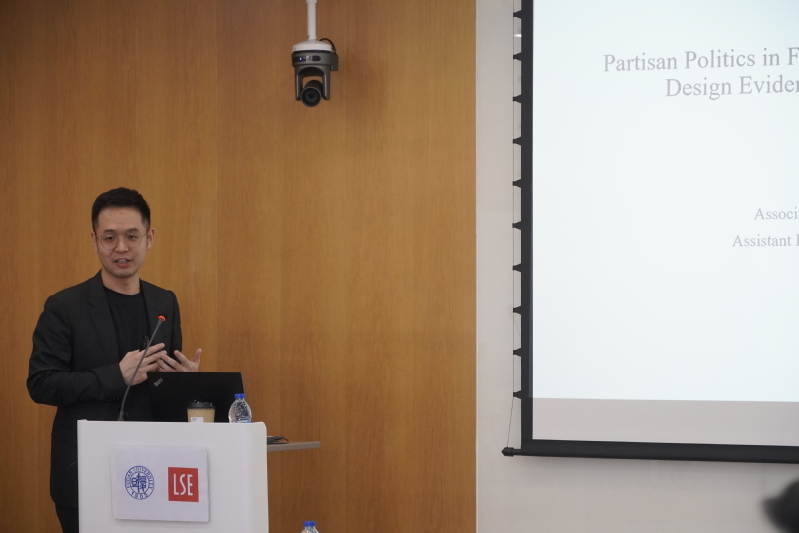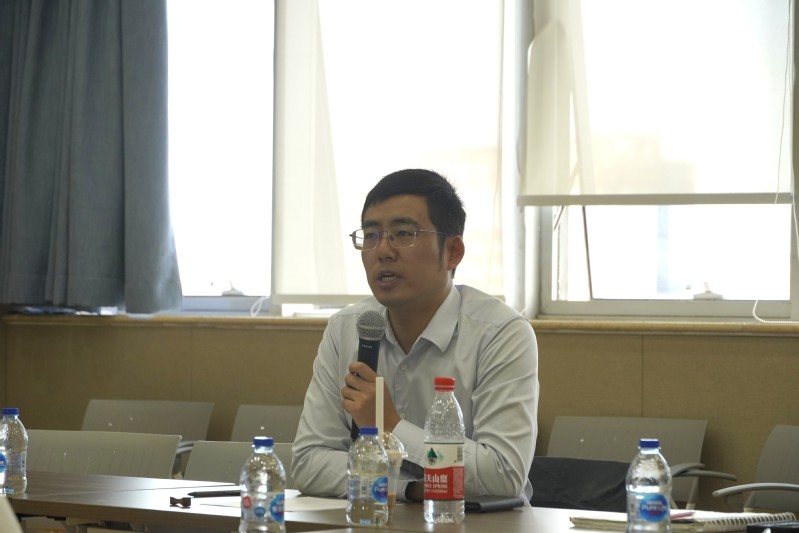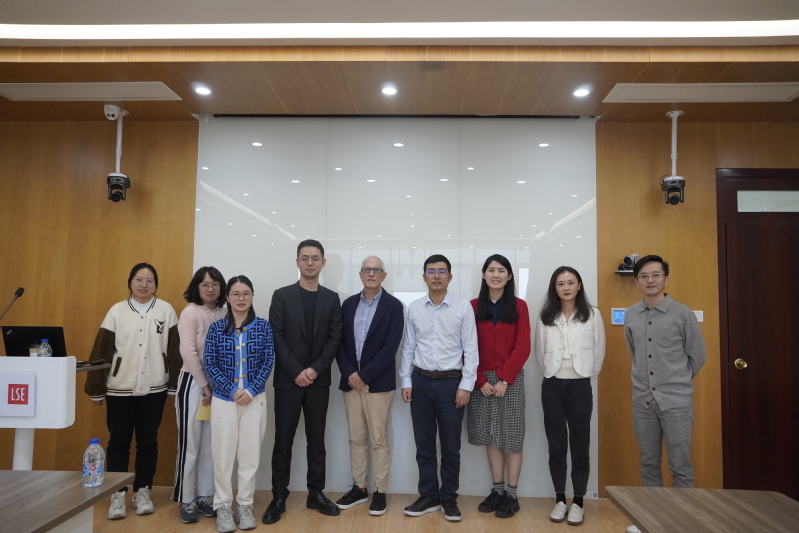Events



Assistant Professor Wenchi Wei lectured on Partisan Politics in the Fiscal Relationship between American Subnational Governments.
On 8 November 2023, the eighth session of the Young Scholars Seminar was held in the 8th floor conference room of Guanghua Building. Assistant Professor Wei Wenchi of Renmin University of China gave a research report entitled Partisan Politics in the Fiscal Relationship between American Subnational Governments. The lecture was hosted by Mark Robbins, Chair Professor of Fudan University, and Zhang Ping, Professor of Fudan University was invited to comment on the report.

Before the lecture, Professor Jing Yijia, Dean of the IGPP, welcomed Assistant Professor Wei Wenchi's visit on behalf of the Institute, and Professor Mark Robbins gave a brief introduction of Professor Wei's biography. Wenchi Wei’s research focuses on government budgeting and finance, public sector performance management, and public policy evaluation. His research has been published by prestigious academic journals such as JPART, PAR, Governance, ARPA, PMR, Public Choice, Chinese Public Administration (in Chinese), Journal of Public Administration (in Chinese), and China Public Administration Review (in Chinese). He has received research grants from the National Natural Science Foundation and Beijing Social Science Foundation.
At the beginning of the lecture, Professor Wei introduced the background of the study and the basic overview of state and local government fiscal transfers in the United States. Professor Wei pointed out that to understand the relationship between state and local governments in the United States, two levels should be focused on. Firstly, the vertical relationship from the state government to the local government, especially the partisan synergy between the local government legislators and the state government; and secondly, the level of comparison between different states and different counties. At the state government level, the fiscal resource abundance of different state governments varies; in addition, the United States has close to 3,200 county-level local governments, and their power structures varies. Both of these may have implications for state-county interactions.
Professor Wei then introduced the research questions and experimental design of the study. This study examines how partisan alignment between county legislators and the state government can affect intergovernmental fiscal transfers, testing the ally and anti-ally hypotheses. Theoretically, politically motivated state politicians would allocate more fiscal resources to counties with aligned local politicians, thereby reducing policy coordination costs. Nevertheless, state politicians may exploit partisan alignment to alleviate rat races among county politicians for state-held common-pool fiscal resources. Regression discontinuity analyses utilizing a dataset covering county legislative elections spanning 1970-2016 show that partisan alignment reduces per capita state-county fiscal transfers by 2.1%-5.5%, and this effect is contingent upon the power structure of county councils and the resource abundance of state governments.

Professor Ping Zhang of Fudan University commented on the report made by Professor Wei. Professor Zhang Ping firstly affirmed the significance of the study, pointing out that this research topic is instructive for the domestic research in the field of fiscal transfers. Subsequently, Prof Zhang Ping made relevant suggestions on specific issues such as the endogeneity of the experimental design and the promotion of the significance of the research results in actual policy practice.

In the Q&A sessions, the attending teachers and students discussed the institutional background and history of fiscal transfers between state and local governments in the United States, the inclusion of official relations as a control variable for the study, and the specific differences between different moderating effects. After the lecture, the participants took a group photo and the lecture was successfully concluded in a warm atmosphere.